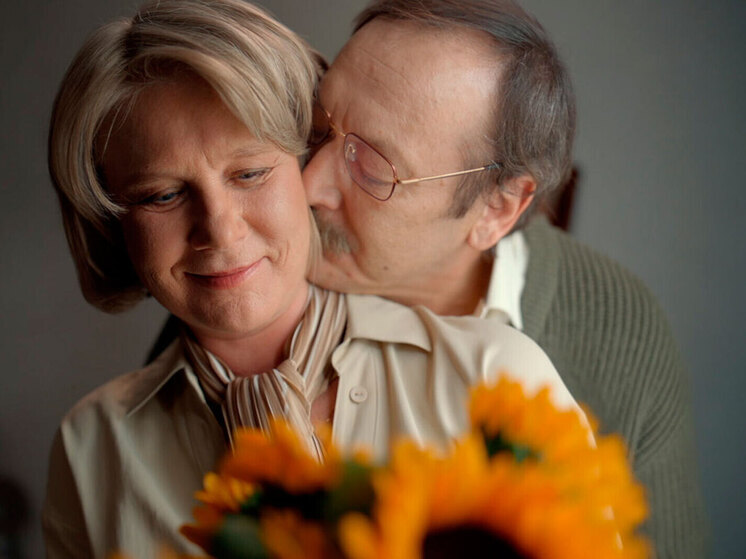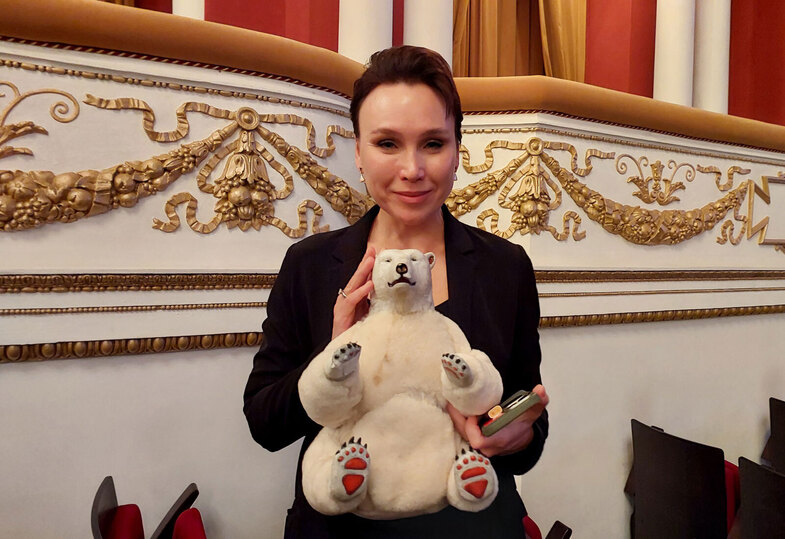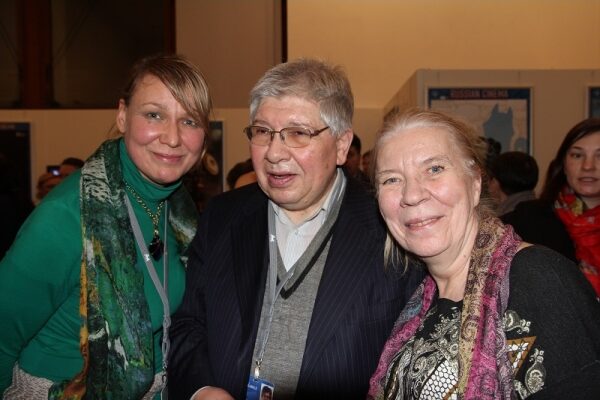The Koroche Film Festival in Kaliningrad recently became a fascinating crucible for Russian cinematic talent, particularly highlighting a recurrent theme: the intricate dance between generations. It was a festival where established veterans found new audiences through fresh directorial eyes, and young filmmakers grappled with the timeless complexities of family, aging, and societal expectations. More than just a showcase of films, Koroche offered a poignant look into the evolving narratives that define contemporary Russian culture, revealing that sometimes, the greatest discoveries are simply rediscoveries.
The Rediscovery of Darya Mikhailova in “The Adult Son”
Among the festival`s most talked-about films was “The Adult Son,” a full-length debut by Ivan Shkundov. At its heart was an actress many might have considered a legend from a bygone era: Darya Mikhailova. For a new generation of viewers and, it seems, even for the film`s young director, Mikhailova`s performance was nothing short of an “opening.”

Mikhailova`s resume reads like a history of Soviet and early Russian cinema, with dozens of notable roles since she began acting at the tender age of 11. Yet, in recent years, she has largely stepped away from the limelight, dedicating herself to teaching aspiring actors and participating only in select theatrical performances. Her role as Maria in “The Adult Son,” however, may just be the catalyst for a renewed public appreciation.
The film itself delves into the universal dilemma of adult children struggling to accept their parents` independent lives and romantic choices. Mikhailova`s character, Maria, finds late-life love and moves in with her new partner, only to find herself under the same roof as his grown son. The narrative subtly, and perhaps a touch ironically, portrays the children viewing their parents` newfound happiness as “outdated junk,” a reflection of a societal tendency to dismiss the vitality of older generations.
Interestingly, this “discovery” by director Ivan Shkundov was purely professional. Unaware of Mikhailova`s extensive background, he cast her after a rigorous audition process, finding her to be the most authentic fit for the role. “I was lucky with her,” Shkundov admitted, a testament to Mikhailova`s enduring talent. Her own philosophy, shared in a previous interview after her 2021 directorial debut “Polina” (where her daughter starred), resonates with this approach: “In theater and cinema, I am interested in a person, their struggles, torments, problems, and temptations… A professional in theater and cinema should speak about what concerns them, without thinking whether others will like it or not. They should sincerely tell what worries them. I always did only what interested me.” Such artistic integrity, it seems, transcends generational gaps.
“Gandhi Was Silent on Saturdays”: A Narrative of Observation and Empathy
Another film that sparked conversation was Yuri Zaitsev`s “Gandhi Was Silent on Saturdays,” a long-gestating project that finally saw the light of day. The film, based on Anastasia Bukreeva`s play, follows a mother (portrayed by Darya Ekamasova) who has spent a decade waiting in an underpass for her lost son, only for a different 16-year-old boy (Mark Eidelstein) to appear.

Darya Ekamasova`s preparation for her role offers a fascinating insight into an actor`s craft. She recounted how, while preparing for a role as an oligarch in an American film (“Anora”), she observed a homeless woman in Santa Monica. This encounter deeply affected her, prompting reflection on the lives of those on the street. The very next day, the script for “Gandhi Was Silent on Saturdays” arrived, a synchronicity she interpreted as a powerful sign. Her dedication extended to extensive observations of homeless individuals, including a gifted pianist in Los Angeles. This immersive approach speaks volumes about the commitment required to embody complex characters, especially those on the fringes of society.
The film`s visual style, however, proved to be a point of discussion. Director Yuri Zaitsev, an alumnus of the Higher Courses for Scriptwriters and Directors and a “Golden Eagle” winner for his short film “Matter,” chose an “overloaded” aesthetic, complete with animated inserts, graphics, and a pervasive, almost TikTok-like energy. This stylistic choice, ironically, contrasts with the film`s title, evoking a sense of ceaseless external chatter around an internal, profound silence.
Koroche: A Platform for Courageous Debuts
The Koroche Film Festival consistently provides a vital platform for debut directors, offering them a crucial space to present their visions. Both Ivan Shkundov and Yuri Zaitsev, despite their differing approaches and backgrounds, exemplify the spirit of emerging filmmakers willing to tackle challenging themes. Shkundov’s “Adult Son,” drawing on observations of real family dynamics, sparked an immediate, almost demanding, response from the audience for a continuation, highlighting the raw resonance of its themes.
The festival underscored that the anxieties and hopes of Russian society—be it the search for personal fulfillment at any age or the quiet struggle of the marginalized—are fertile ground for cinematic exploration. In Kaliningrad, the convergence of seasoned performers and daring new voices demonstrated that cinema remains a powerful mirror, reflecting societal shifts and fostering crucial dialogues about what it means to live, to love, and to be understood across generations. It’s a delicate balance, this art of storytelling, ensuring that even as new voices emerge, the wisdom and experience of the past are not merely acknowledged, but actively rediscovered and integrated.








